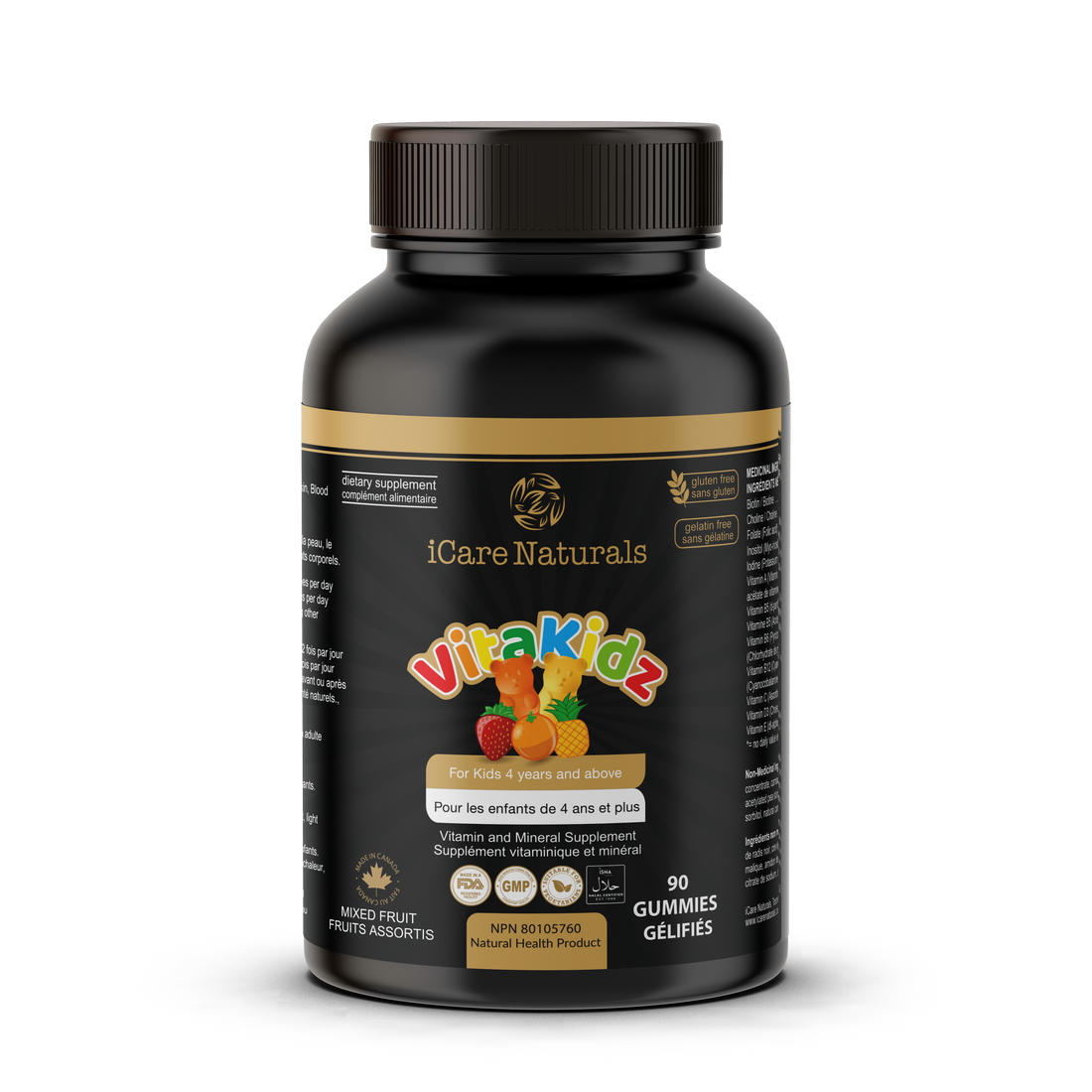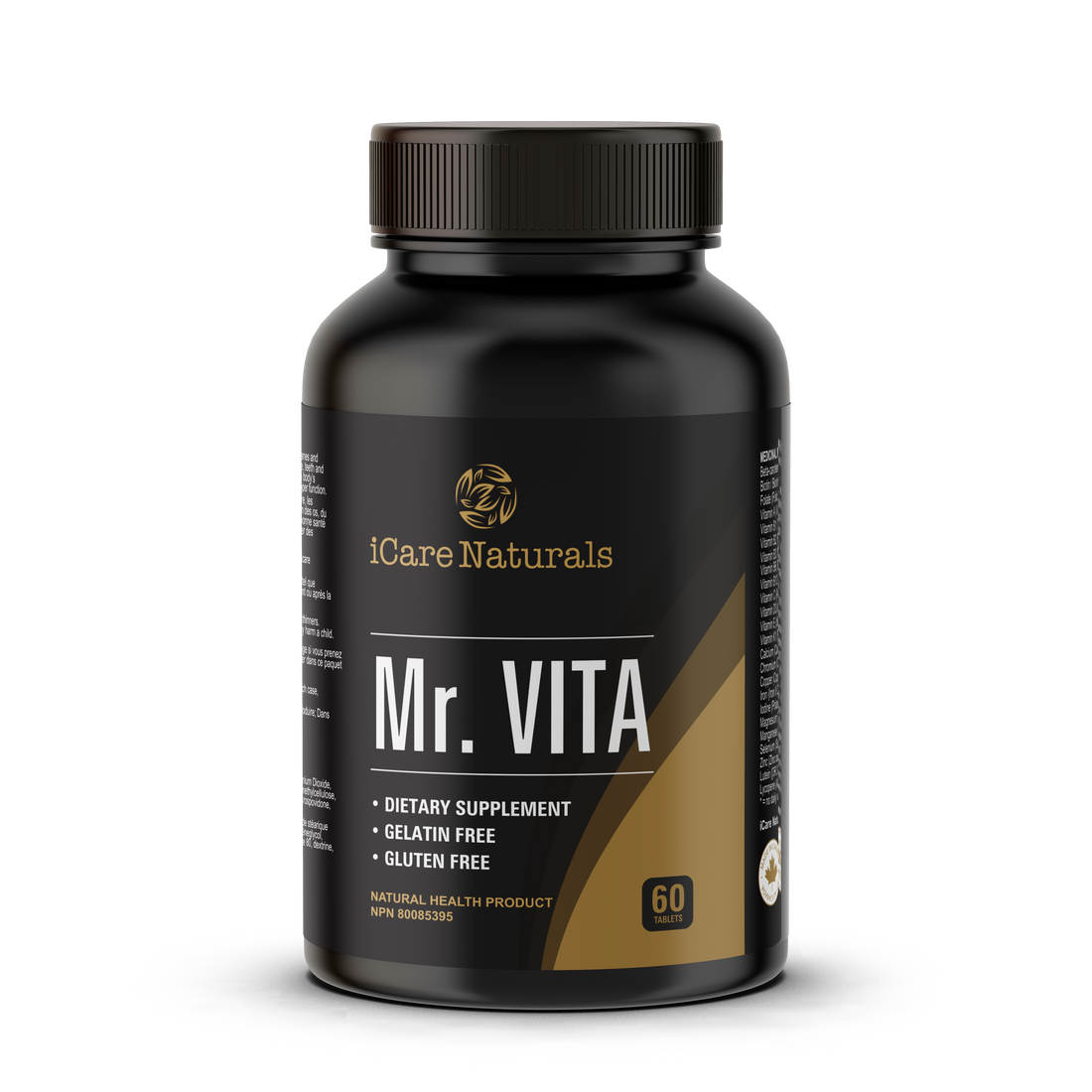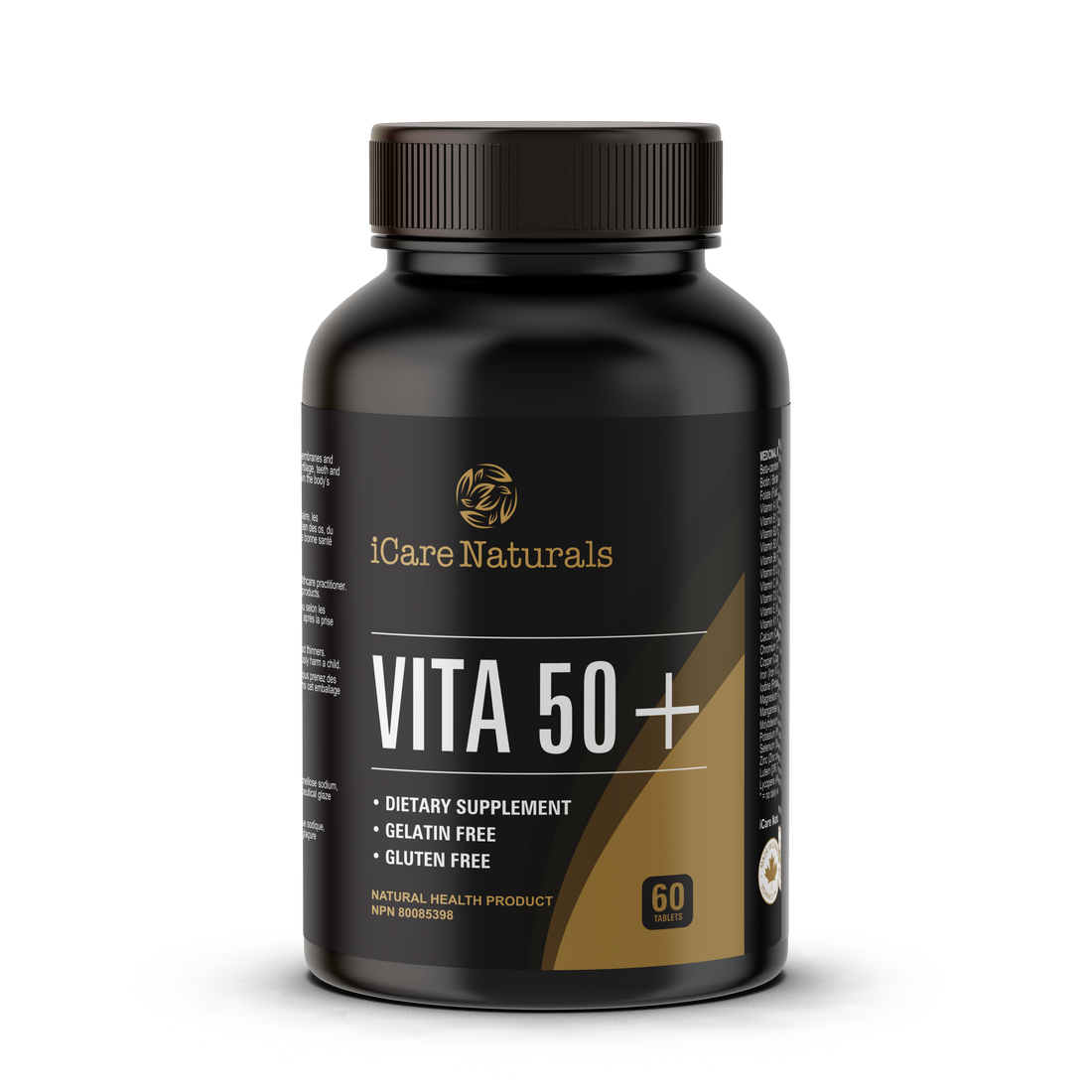Introduction
Vitamins and supplements are essential to a healthy life. They can help you get more nutrients and energy, improve your immune system, and even help with mood swings and hormone balance. But vitamins aren't always as safe as they seem — especially if you take them with other medications or supplements! Here's a list of vitamins that shouldn't be taken together:
Vitamin A
Vitamin A is a fat-soluble vitamin that's important for eye health. It can be found in eggs, dairy products, and liver. Vitamin A toxicity can occur at high doses of vitamin A supplements or if you consume too much-preformed retinoids such as Accutane (isotretinoin).
In addition to being found naturally in foods, vitamin A is also added to multivitamins because it helps prevent night blindness in children and supports healthy skin growth during pregnancy.
Calcium
Calcium is used to treat or prevent osteoporosis. It can be taken with vitamin D, which is not a vitamin but a hormone that helps your body use calcium and phosphorus to build and maintain strong bones.
Vitamin D deficiency has been linked to many health problems, including weak bones and rickets (a disease-causing soft bones in children). In addition, some studies suggest that taking calcium supplements may increase the risk of heart attack or stroke in people with high blood pressure or kidney disease.
Iron
Iron deficiency can cause fatigue and shortness of breath as well as other symptoms such as pale skin tone (pallor), brittle nails or hair loss (alopecia), painful or difficult swallowing (dysphagia), and dizziness when standing up suddenly (orthostatic hypotension).
If you take iron supplements, try to eat them with food so they're less likely to upset your stomach, taking them on an empty stomach may lead to nausea or vomiting.
Copper
Copper is a trace mineral that plays an important role in forming red blood cells and bones. It's also needed for many enzymes, including superoxide dismutase (SOD), which helps protect the body from free radicals by neutralizing oxygen-free radicals. Copper can be found in oysters, organ meats like liver or kidney pate, nuts and seeds (like sesame seeds), legumes such as lentils or black beans, whole grains such as brown rice
Zinc
Zinc is an essential mineral that plays a role in growth and development, immune function, wound healing, DNA synthesis and protein synthesis.
It's also important for the functioning of several enzymes involved in metabolism (the conversion of food into energy). Zinc deficiency can cause low levels of HDL cholesterol ("good" cholesterol) and high levels of LDL cholesterol ("bad" cholesterol), which increase your risk for heart disease.
Vitamin E and selenium
Vitamin E and selenium are fat-soluble vitamins, so it's important to take them with a meal that contains some fat. Both vitamins are antioxidants that protect your cells from damage. They're also important for good health--vitamin E can help prevent heart disease and selenium may help prevent cancer, diabetes, and other conditions. But when taken in large doses, they can be toxic. For example:
If you take too much vitamin E (over 400 IU per day), it may cause nausea or diarrhea; if you take too much selenium (more than 400 micrograms/day), it could lead to gastrointestinal distress, including nausea, vomiting and diarrhea;
These vitamins and supplements should be taken separately
Vitamins and minerals are different. Vitamins are organic compounds, while minerals are inorganic compounds. You can take them together, but not all at the same time. There are some exceptions to this rule, but generally speaking, your body won't be able to use both at once because they have different functions in the body.
For example Vitamin C helps build collagen for healthy skin; zinc aids wound healing and boosts immunity; iron improves energy levels (iron deficiency is one of the most common nutrient deficiencies). However, if you take too much vitamin C or zinc without enough iron it could actually make things worse by causing stomach upset or constipation!
Summary
We hope that we've cleared up any confusion you may have had about which vitamins and supplements can be taken together. As always, check with your doctor before starting any new supplement regimen, but if he or she gives the go-ahead then try out some of these combinations for yourself!










